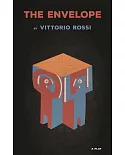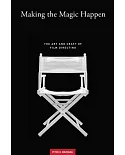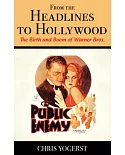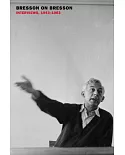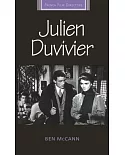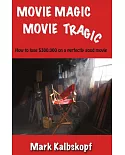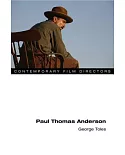Luis Bu簿聶翻uel (1900-83) was one of the world's great film-makers. Always controversial, his first film, Un Chien andalou (1928), which he referred to as a 'call to murder', was a savage
Surrealist experiment. L'Age d'or (1930), his second, was banned in Paris after its initial screening, which had led to violent disturbances. Thereafter, his films continued to challenge,
provoke and subvert social conventions in their searching analyses of human desire.
Luis Bu簿聶翻uel: New Readings ranges widely over key films and moments from all stages of the director's career: the early years in Spain and France, the middle period in Mexico and the USA, and
the return to Europe, where he made late masterpieces like Belle de Jour (1966) and Le Charme discret de la bourgeoisie (1972).
Twenty years after his death, the time is ripe for a re-evaluation of Bu簿聶翻uel's legacy. Through theoretically informed discussions of individual films and dominant tendencies, as well as
through more biographically orientated perspectives (including newly discovered correspondence), this book locates and re-appraises Bu簿聶翻uel's films with particular emphasis on the national
cinemas and varied cultures with which he was identified. These new readings show that Bu簿聶翻uel's significance and impact remain undiminished by the passage of time. Luis Bu簿聶翻uel (1900-83) was
one of the world's great film-makers. Always controversial, his first film, Un Chien andalou (1928), which he referred to as a 'call to murder', was a savage Surrealist experiment. L'Age d'or
(1930), his second, was banned in Paris after its initial screening, which had led to violent disturbances. Thereafter, his films continued to challenge, provoke and subvert social conventions
in their searching analyses of human desire.
Luis Bu簿聶翻uel: New Readings ranges widely over key films and moments from all stages of the director's career: the early years in Spain and France, the middle period in Mexico and the USA, and
the return to Europe, where he made late masterpieces like Belle de Jour (1966) and Le Charme discret de la bourgeoisie (1972).
Twenty years after his death, the time is ripe for a re-evaluation of Bu簿聶翻uel's legacy. Through theoretically informed discussions of individual films and dominant tendencies, as well as
through more biographically orientated perspectives (including newly discovered correspondence), this book locates and re-appraises Bu簿聶翻uel's films with particular emphasis on the national
cinemas and varied cultures with which he was identified. These new readings show that Bu簿聶翻uel's significance and impact remain undiminished by the passage of time.



